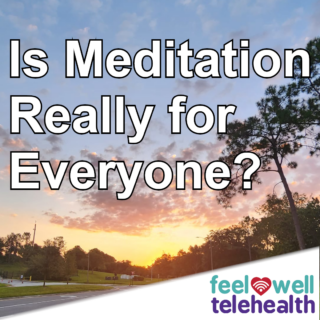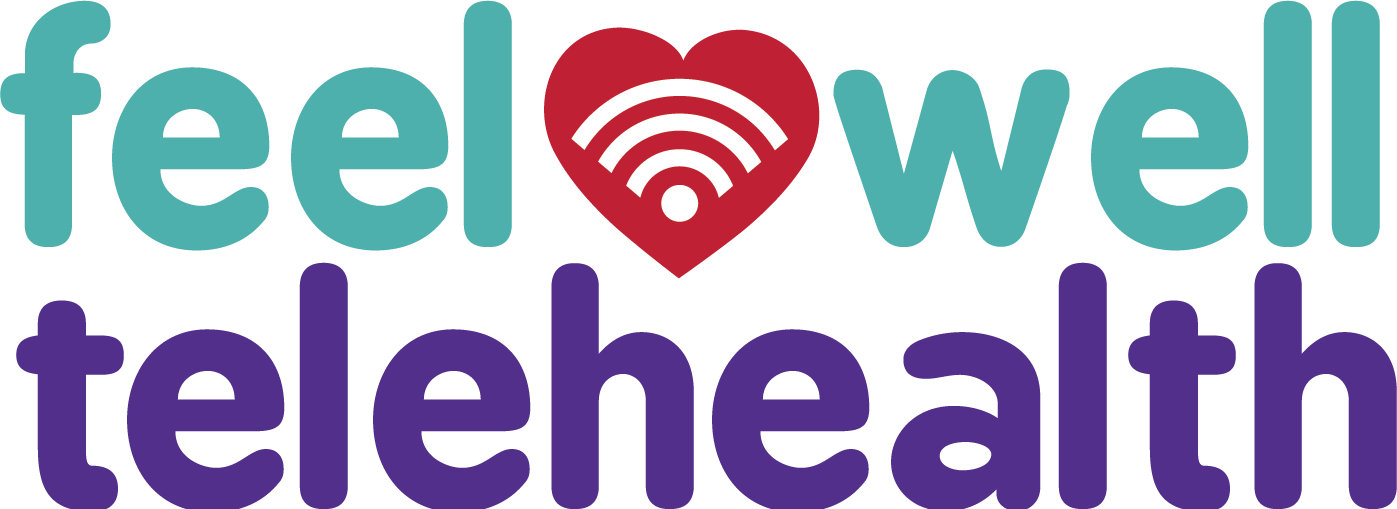Is Meditation Really for Everyone?

Growing up, I heard many times that meditation was for weird people. It was something mystical and dangerous. I remember a psychology class in high school where the teacher, a nun, tried to instruct us on how to meditate. I purposefully didn’t follow her guidance because I was afraid to have my mind taken by the devil!
It took me decades to start learning about different types of meditation and to find the ones aligned with my spiritual beliefs. I started slowly with guided mindfulness meditation and progressed to my own practice.
Meditation and your Health
The health benefits of meditation are well-documented. Research shows that meditation can help with controlling blood pressure, pain, anxiety, and depression. It can also improve sleep, mental focus, problem solving skills, and boost the immune system.
Meditation can make positive changes to the structure of your brain. Neuroscientists have been interested in neuroplasticity since the 1800’s. By the 1960’s, studies started to demonstrate the brain’s ability to form and reorganize synaptic connections in response to learning and experiences like meditation.
Most people can benefit from meditation, but if you have a serious psychiatric diagnosis, consult with your healthcare professional first.
Meditation and your Wellbeing
Like many lifestyle practices, results from meditation vary from person to person.
It takes discipline to increase awareness of your thoughts and feelings. Meditation adjusts your attention and helps you live more fully in the present.
Your heightened senses will let you observe your surroundings with intention. Nature will energize you as you pay attention to sounds and colors you haven’t appreciated before. You’ll feel balanced as your mind, body, and spirit are connected.
There is a quiet place in the right hemisphere of your brain. Meditation can help you access this space and feel calm, serene, still, connected with God, yourself, and your fellow human beings.
Being present and intentional in your interactions helps you behave from a place of love and abundance. You don’t need to be perfect, and you don’t need to expect anyone else to be perfect either.
Meditation and your Vitality
Your mind is frequently overloaded by information and demands, draining your energy. Meditation can help you recharge. A simple breathing practice for five minutes can renew your strength. Your breathing communicates with your brain whether you’re safe or in danger. Slow and relaxed breathing means you’re calm and safe. Act as such, and it’ll start a cascade of positive hormones and feelings of wellbeing.
To help you develop the habit of meditation, take a few moments after your meditation to let in the good feelings. Your brain will associate the positive emotions with your practice and create a habit.
Meditation Practice
Meditation isn’t about turning off your thoughts but rather avoiding over-identification with them. It can help you reframe stressful situations and open up space to live in the unknown. Certainty in life is an illusion.
Your mind will wander while you meditate. Just acknowledge it, and don’t judge your performance. You’ll improve as you continue to practice; some days will be better than others and it’s okay.
Silence, quiet music, or guided meditation may be used according to your preference or particular situation.
You don’t need to be in a specific position to meditate, just find a posture that is comfortable for you. Sticking to the same posture, place, and setting helps your brain to associate them with your intention to meditate and your focus will be easier. However, if you can’t have consistency or prefer changing, it’s all right. You may also try walking meditation. Discover what works for you and commit to it.
The quiet morning hours before sunrise is the best time to meditate. Studies show that as soon as you wake up your brain cells are ready for top performance. It’s important that you be selective of what kind of thoughts and information you allow to enter your mind in this “prime brain real estate.” But if early morning doesn’t fit your lifestyle or preferences, choose to meditate at a convenient time for you.
Start Small and Try it Yourself
Meditation is not a standalone solution for every challenge, but it may empower you to develop other healthy habits. Small changes, little by little, yield significant results in the long run.
Mindfulness meditation is not grounded on performance. You don’t succeed or fail at it. The practice is your own and your experience is unlimited.


